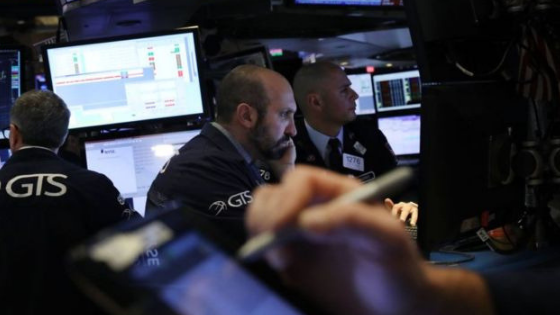Editor’s note: CPA has endorsed the EQUITABLE Act discussed by Senator Rubio in this op-ed.
A new bill would ensure that U.S.-listed companies comply with American financial reporting rules.
[Marco Rubio | June 4, 2019 | WSJ]
Two decades after its accession to the World Trade Organization, China still uses its intertwined public and private sectors to serve the Communist Party’s mercantilist goals. Many Chinese businesses are listed on U.S. stock exchanges, but Beijing’s intransigence ensures that American investors often don’t get a true picture of those companies’ financial health.
In December 2018, the Securities and Exchange Commission and the Public Company Accounting Oversight Board issued a joint warning to investors about the challenges American regulators face when attempting to conduct oversight of U.S.-listed companies based in China and Hong Kong. While the PCAOB regularly inspects audits of U.S.-listed firms, Beijing consistently challenges their efforts. Chinese law requires that financial records remain in China, and Beijing restricts access to accounting information, citing national security and state secrecy.
Chinese practices raise real risks of fraud. They also undermine the fair and transparent financial reporting at the heart of American capital markets. In their December 2018 joint statement, the SEC and PCAOB acknowledged that “for investors—both U.S. and non-U.S. investors—a U.S. listing carries with it the assumption that U.S. rules and regulatory oversight apply.” When it comes to Chinese companies, that simply isn’t true.
The U.S.-China Economic and Security Review Commission identified 156 Chinese companies, including 11 state-owned-enterprises, that are listed on America’s three largest exchanges. Their combined market capitalization of $1.2 trillion means that significant American capital is exposed to the risk created by China’s lack of economic transparency.
The U.S. can no longer accept a two-tiered system, which is why I’m introducing the Equitable Act—an acronym for Ensuring Quality Information and Transparency for Abroad-Based Listings on our Exchanges—to ensure that all companies on American stock exchanges are subject to the same standards and regulations. When the Equitable Act becomes law, foreign companies that don’t make their audits available for PCAOB review will be subject to increased disclosure requirements. If they don’t comply within three years they’ll be delisted from American stock exchanges.
Ignoring China’s financial misbehavior won’t solve the problem, just as two decades of hoping for economic liberalization and political reform hasn’t stopped the Chinese government from engaging in Orwellian levels of mass surveillance and systemic human-rights abuses. President Trump has created an unprecedented opportunity for the U.S. to use its leverage to extract fair, sustainable and enforceable trade reforms from China. SEC and PCAOB negotiators should use this opening to engage with their Chinese counterparts to bring China into line with international norms.
China has reaped enormous economic rewards while exploiting the freedom and openness of the U.S.-led global order. Now, the U.S. and its allies must send a clear message: If Chinese companies want to be listed on U.S. exchanges, they must comply with American laws and regulations for financial transparency and accountability.
Mr. Rubio, a Republican, is a U.S. senator from Florida.
Read the original article here.
Leave your comment below:













